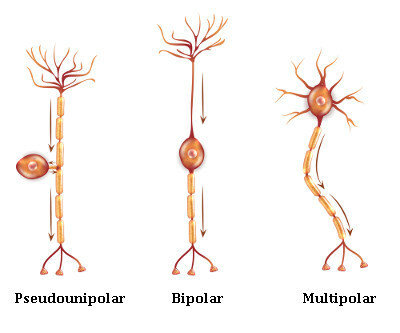Environmental impactsare changes in the environment caused by the development of human activities in geographic space¹. In this sense, they can be positive, when they result in improvements to the environment, or negative, when these changes cause any risk to humans or to the natural resources found in the space.
Despite having these two classifications, the term environmental impact is more used in reference to the negative aspects of human activities on nature. This is due to the development model of modern society, which was based on the intensive exploitation of resources natural resources in the world, which are seen as an inexhaustible source of raw material and energy for the production of the most diverse products.
Environmental impacts
Among the main negative environmental impacts caused by the development of human activities, the following stand out:
Reduction of plant and animal biodiversity: With the development of human activities, especially after the Industrial Revolution, it became increasingly common to replace native vegetation with human constructions. The vegetation of the most different biomes was replaced by roads, farms, industries and cities, thus reducing the habitat of many species of animals and plants. As a result, many species have already disappeared or are at risk of extinction if the current ways of appropriating nature are maintained.
Contamination of air, water, fauna and flora: Human activities generate a lot of waste, which accumulates in nature and causes pollution and contamination of air, water, soil, fauna, flora and even man himself.
Compaction, waterproofing, reduced fertility and soil erosion. Agricultural activities, when carried out without environmental awareness, favor compaction, reduced fertility and erosion of the soil, which, in the long term, make it difficult or impossible to develop these activities and cause damage, often irreversible to the ground. The asphalt masses used in cities and roads, in turn, make the soil waterproof, that is, compromise water infiltration, which causes flooding and water supply difficulties underground.
-
Depletion of springs: Most human activities require a large amount of water, which causes intensive exploitation of water courses to supply industries, farms and cities. Although water is an abundant resource on planet Earth, the growing demand combined with the misuse of water resources already has caused water scarcity or water crises (periodical lack of water) in places that did not suffer from this problem, such as Brazil, which, despite having a large number of river channels, it has periodically had problems regarding the availability of water in its springs.
Do not stop now... There's more after the advertising ;)
Climate change: The development of capitalist society has caused great changes in the world climate. It is believed that it has contributed to the intensification of the greenhouse effect and global warming in the world, since the gases emitted by industries and automobiles contribute to the conservation of heat in the atmosphere, thus increasing the greenhouse effect, and, consequently, the temperature in the atmosphere. planet Earth.
Depletion of the ozone layer: Gases released into the atmosphere, mainly CFCs, contribute to the destruction of the ozone layer, since, as ozone gas is very unstable, the accumulation of gases in the atmosphere favors the degradation of its molecules, which bind to polluting gas molecules, forming other substances.

The increasing production and the improper disposal of solid waste have caused water pollution around the world
Currently, due to the commitment of life on the planet, the debate, at an international level, on world environmental issues has grown. It is increasingly common to study the environmental impacts so that there is awareness of the population and governments about the need to practice a sustainable development, which promotes economic development without compromising the environment and the supply of natural resources for the future.
With that, several measures (such as the Kyoto Protocol and the Montreal Protocol) have been taken to reverse the picture of environmental degradation existing in the world today, thus increasing the amount of positive environmental impacts. These measures collide with economic interests, mainly of developed countries, which believe that this sustainable development is unfeasible, because these These measures would have a high cost and would limit the extraction of natural resources and energy sources, thus decreasing the productivity and development of their savings.
GRADES
Definition taken from Resolution No. 001, Article 1, of the CONAMA (National Council for the Environment).
By Thamires Olimpia
Graduated in Geography
Would you like to reference this text in a school or academic work? Look:
SILVA, Thamires Olimpia. "What is environmental impact?"; Brazil School. Available in: https://brasilescola.uol.com.br/o-que-e/geografia/o-que-e-impacto-ambiental.htm. Accessed on June 28, 2021.


